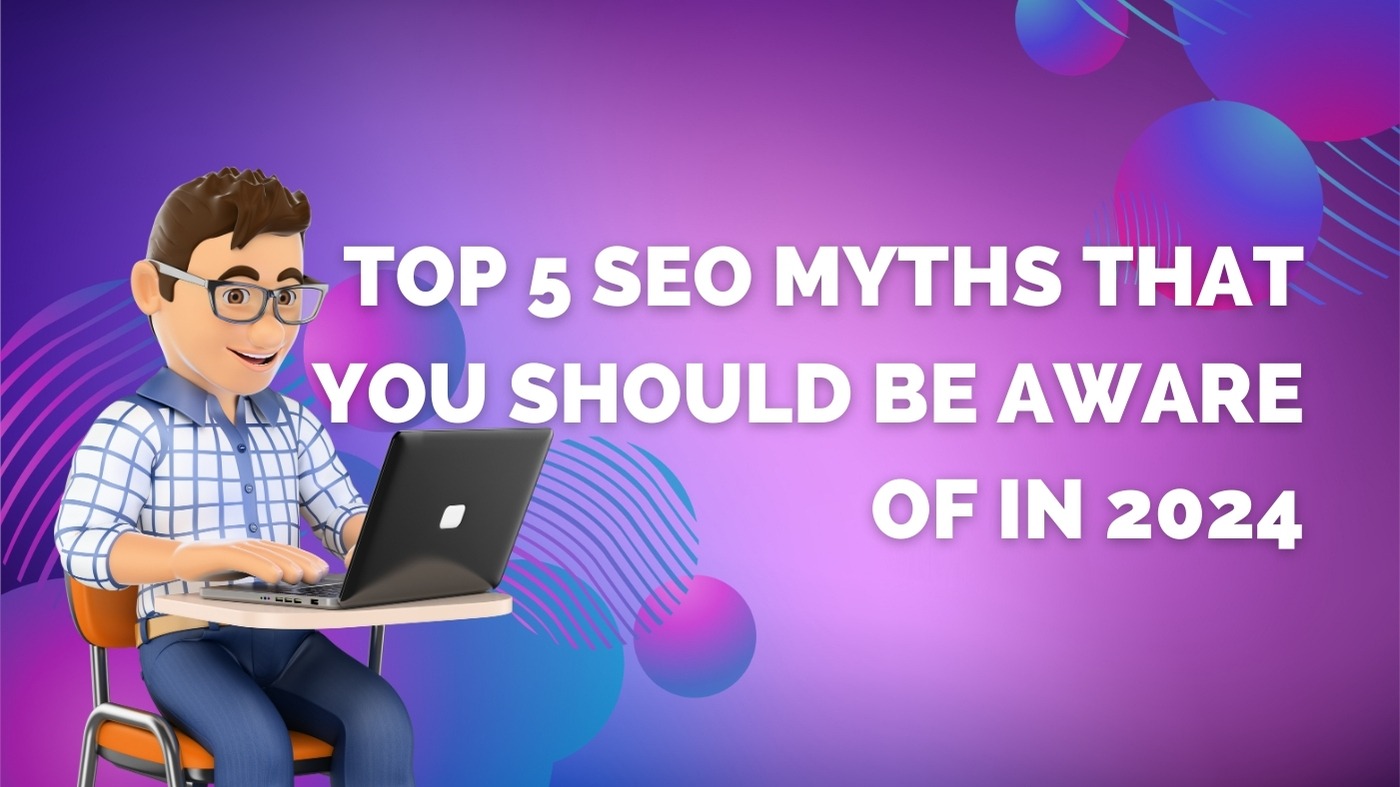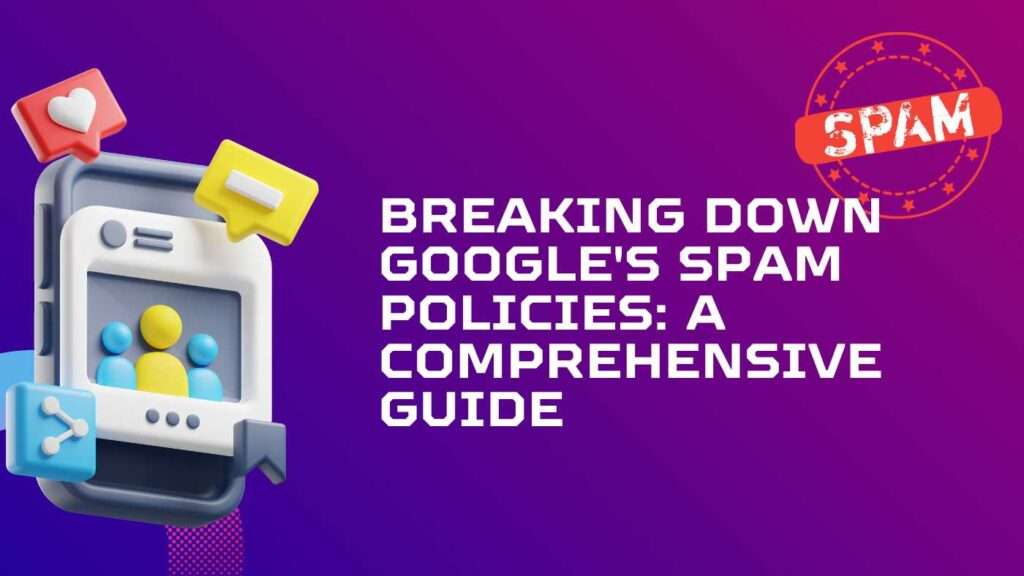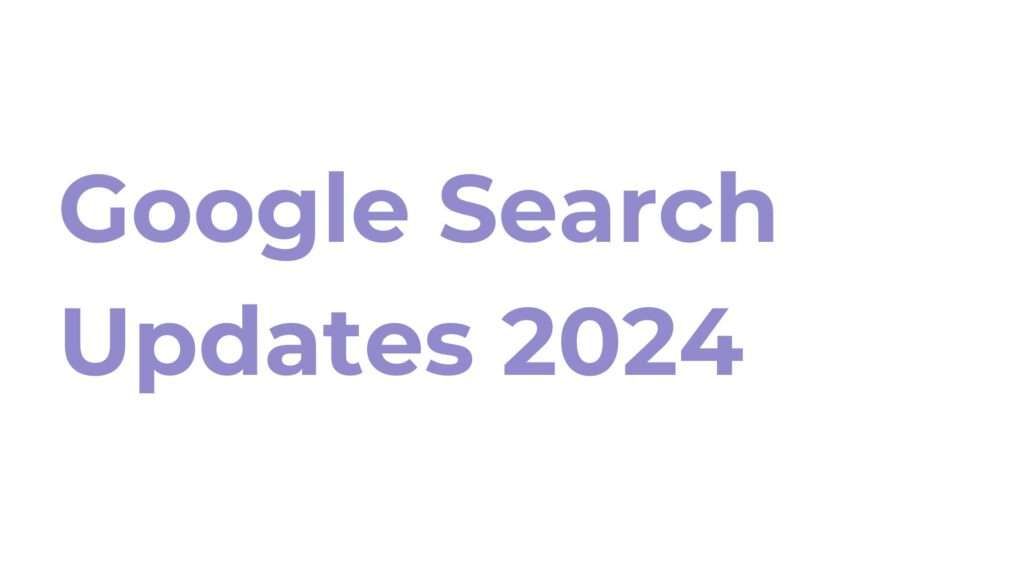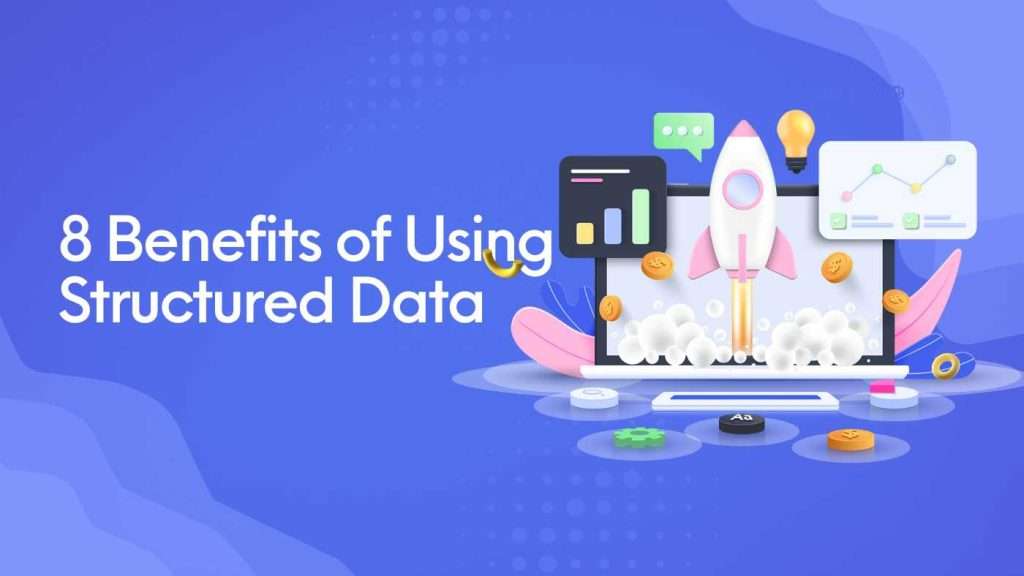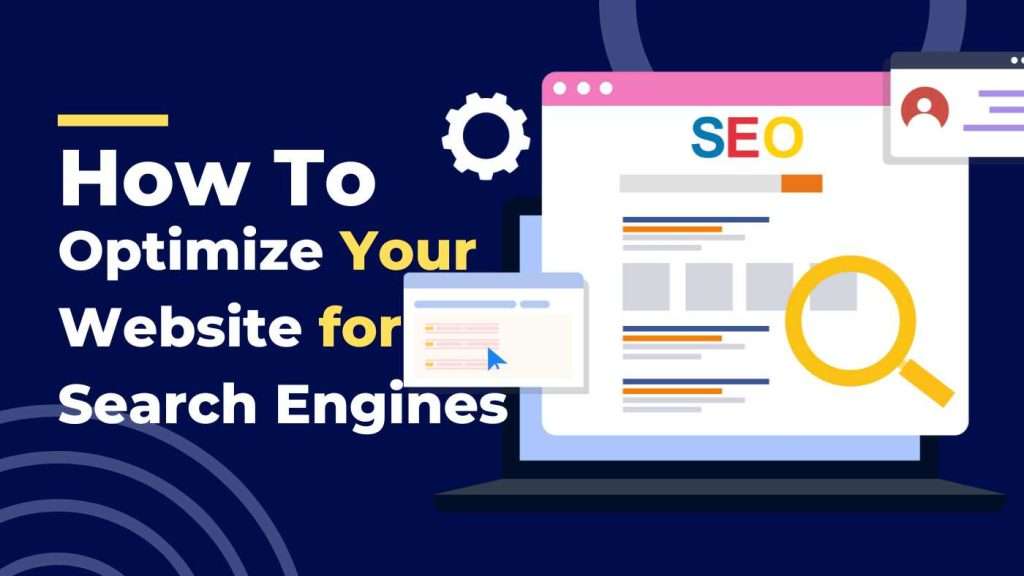Introduction
In the ever-evolving world of search engine optimization (SEO), staying up-to-date with the latest trends and debunking common myths is crucial. As we venture into 2024, the landscape of SEO is bound to undergo further transformation. This article aims to shed light on the top 5 SEO myths that you should be aware of in the coming year. We will delve into these misconceptions and provide valuable insights to help you navigate the SEO realm effectively.
Myth 1: Keyword Density Determines Search Engine Rankings
Subheadings Are Essential For SEO Structure
Long gone are the days when keyword density alone held the power to dictate your website’s search engine rankings. It is widely believed that incorporating keywords seamlessly into your content is crucial for optimization. While keywords still play a role in SEO, search engines have become far more sophisticated in their algorithmic analysis. Today, user experience and high-quality content are prioritized over keyword stuffing.
“Search engines prioritize relevant, valuable content that addresses users’ needs, rather than focusing solely on keyword density.” –John Mueller, Google Webmaster Trends Analyst
To optimize your content effectively, focus on creating engaging, informative pieces that incorporate relevant keywords naturally. Quality content that caters to the needs of your target audience will ultimately yield better results than excessively stuffing keywords.
Myth 2: Backlinks Are Irrelevant
Building a Strong Network of Backlinks
While some argue that the significance of backlinks has diminished over time, this myth is far from true. Backlinks remain an important factor in determining a website’s authority and visibility in search engine rankings. Quality backlinks from reputable websites act as endorsements, signaling to search engines that your content is valuable and trustworthy.
“Backlinks continue to be a crucial aspect of SEO, contributing to the overall authority and visibility of your website in search results.” –Ahrefs Study, 2023
However, it is imperative to focus on acquiring high-quality and relevant backlinks rather than simply pursuing quantity. Building a diverse network of backlinks from authoritative sources within your industry will boost your SEO efforts and improve your website’s credibility.
Myth 3: Social Media Doesn’t Impact SEO
The Symbiotic Relationship Between Social Media and SEO
Contrary to popular belief, social media does have an impact on SEO rankings. While social signals, such as likes and shares, may not directly influence search engine rankings, they indirectly contribute to improved visibility and brand awareness.
“Social signals from platforms like Facebook, Twitter, and LinkedIn provide search engines with valuable insights into content popularity and user engagement, indirectly benefiting your SEO efforts.” –Rand Fishkin, Founder of Moz
Additionally, an active social media presence can generate traffic, increase brand mentions, and facilitate the sharing of your content, all of which can positively impact your website’s SEO performance. Therefore, investing time and effort into creating engaging social media campaigns can complement your SEO strategy and enhance your online presence.
Myth 4: SEO Is a One-Time Effort
Continuous Optimization for Sustainable Results
SEO is an ongoing process that requires continuous effort and adaptation. Many people mistakenly believe that optimizing their website once will guarantee long-term success in search engine rankings. However, search engine algorithms are constantly evolving, requiring website owners to stay proactive in their optimization strategies.
“To maintain a competitive edge in SEO, periodic audits, keyword research, content updates, and adapting to algorithm changes are essential.” –Neil Patel, SEO Expert
Regularly monitoring and analyzing your website’s performance, making necessary adjustments, and staying informed about industry trends are key to achieving sustainable SEO success. Remember, SEO is not a one-time task but rather a dynamic process that requires consistent attention.
Myth 5: Meta Tags Are No Longer Relevant
Metatags: Relevant for SEO and User Experience
With the growing complexity of search engine algorithms, some may argue that meta tags have lost their importance in SEO. However, this claim is far from accurate. While the significance of meta tags may have diminished over time, they still play a role in optimizing your website’s visibility and user experience.
“Meta tags provide concise information to search engines and visitors, helping them understand the nature of your content and improving click-through rates.” –Yoast, SEO Plugin Developer
Crafting descriptive and relevant meta titles and descriptions can increase your website’s click-through rates and provide search engines with valuable information about your content, ultimately boosting your SEO performance.
Read More: What to do to rank in Google from scratch today?
Conclusion
As we enter the year 2024, it is crucial to be aware of the prevailing SEO myths to navigate the digital realm effectively. Remember that keyword density no longer solely determines search engine rankings; focus on creating high-quality content instead. Quality backlinks still hold significant weight in SEO, providing credibility to your website. Social media indirectly impacts SEO, boosting visibility and engagement. SEO requires continuous effort and adaptation, necessitating ongoing optimization. Finally, while meta tags may have lost a bit of their luster, they still contribute to improving user experience and search engine visibility.
By dispelling these myths, you can equip yourself with the knowledge necessary to succeed in the ever-changing landscape of SEO. Stay updated, embrace best practices, and watch your website soar to new heights in search engine rankings.
“Remember, SEO is a journey, not a destination.”
